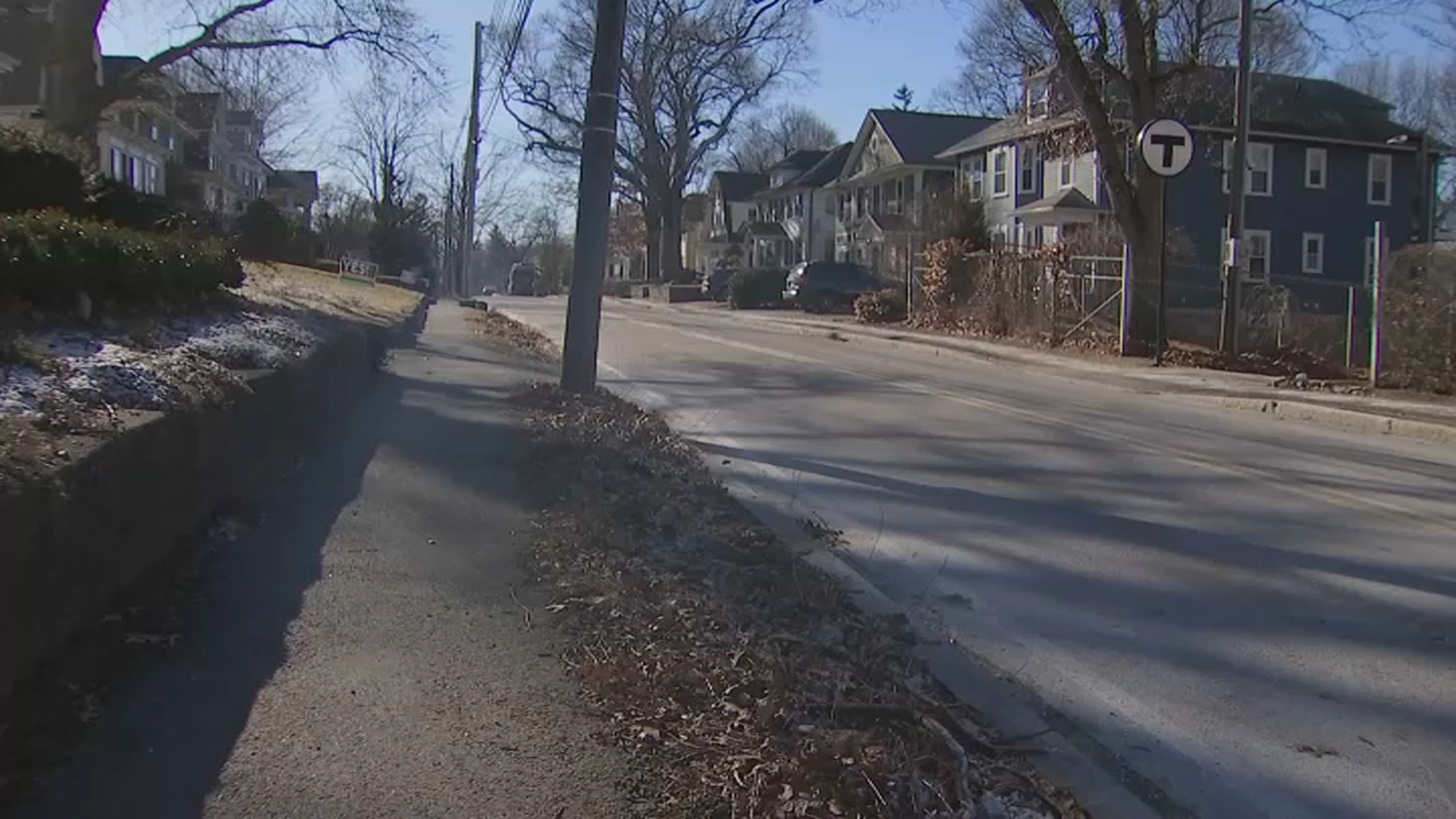
The Massachusetts cities and towns affected by the MBTA Communities Law, including how they are classified.
The Healey administration filed emergency regulations late Tuesday afternoon to implement the controversial law meant to spur greater housing production, after Massachusetts' highest court struck down the last pass at drafting those rules.
The Supreme Judicial Court upheld the MBTA Communities Act as a constitutional law last week, but said it was "ineffective" until the governor's Executive Office of Housing and Livable Communities promulgated new guidelines. The court said EOHLC did not follow state law when creating the regulations the first time around, rendering them "presently unenforceable."
The emergency regulations filed Tuesday are in effect for 90 days. Over the next three months, EOHLC intends to adopt permanent guidelines following a public comment period, before the expiration of the temporary procedures, a release from the office said.
"The emergency regulations do not substantively change the law’s zoning requirements and do not affect any determinations of compliance that have been already issued by EOHLC. The regulations do provide additional time for MBTA communities that failed to meet prior deadlines to come into compliance with the law," the press release said.
The MBTA Communities Act requires 177 municipalities that host or are adjacent to MBTA service to zone for multifamily housing by right in at least one district.
Cities and towns are classified in one of four categories, and there were different compliance deadlines in the original regulations promulgated by EOHLC: host to rapid transit service (deadline of Dec. 31, 2023), host to commuter rail service (deadline of Dec. 31, 2024), adjacent community (deadline of Dec. 31, 2024) and adjacent small town (deadline of Dec. 31, 2025).
Under the emergency regulations, communities that did not meet prior deadlines must submit a new action plan to the state with a plan to comply with the law by 11:59 p.m. on Feb. 13, 2025. These communities will then have until July 14, 2025, to submit a district compliance application to the state.
Communities designated as adjacent small towns still face the Dec. 31, 2025 deadline to adopt compliant zoning.
Like the old version of the guidelines, the new emergency regulations gives EOHLC the right to determine whether a city or town's zoning provisions to allow for multi-family housing as of right are consistent with certain affordability requirements, and to determine what is a "reasonable size" for the multi-family zoning district.
The filing of emergency regulations comes six days after the SJC decision -- though later than the governor's office originally projected. Healey originally said her team would move to craft new regulations by the end of last week to plug the gap opened up by the ruling.
"These regulations will allow us to continue moving forward with implementation of the MBTA Communities Law, which will increase housing production and lower costs across the state," Healey said in a statement Tuesday. "These regulations allow communities more time to come into compliance with the law, and we are committed to working with them to advance zoning plans that fit their unique needs."
A total of 116 communities out of the 177 subject to the law have already adopted multi-family zoning districts to comply with the MBTA Communities Act, according to EOHLC.




